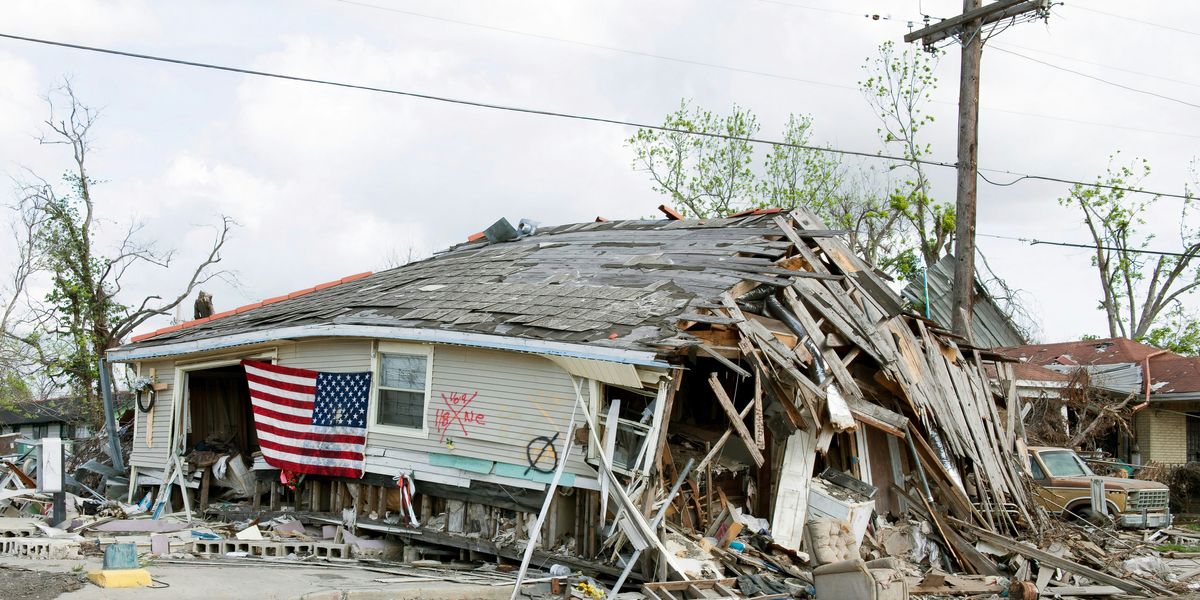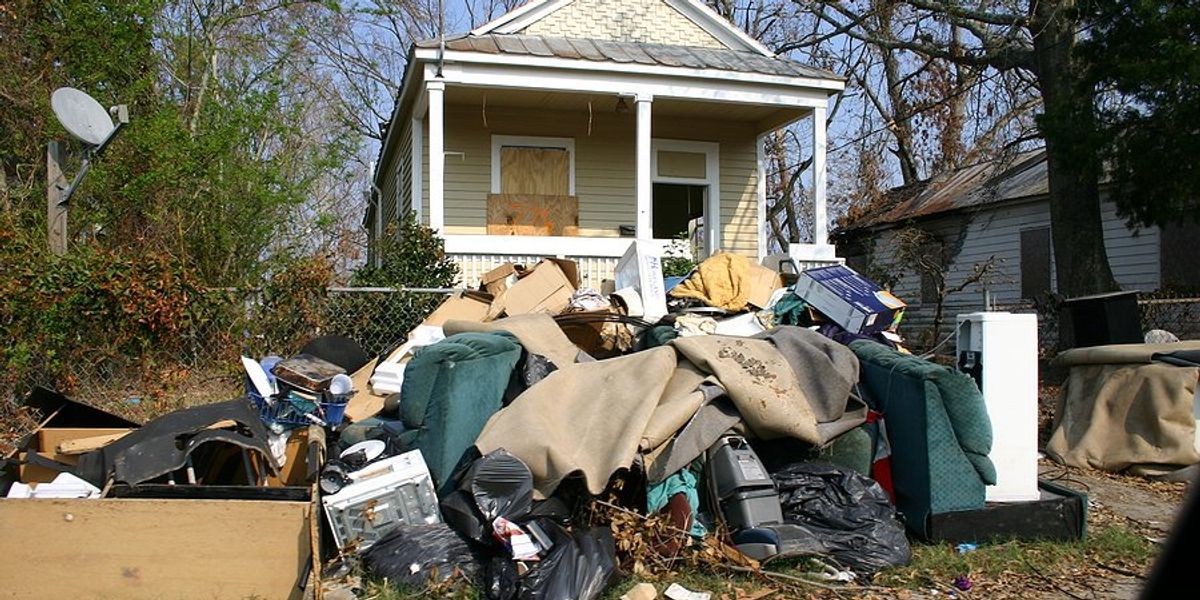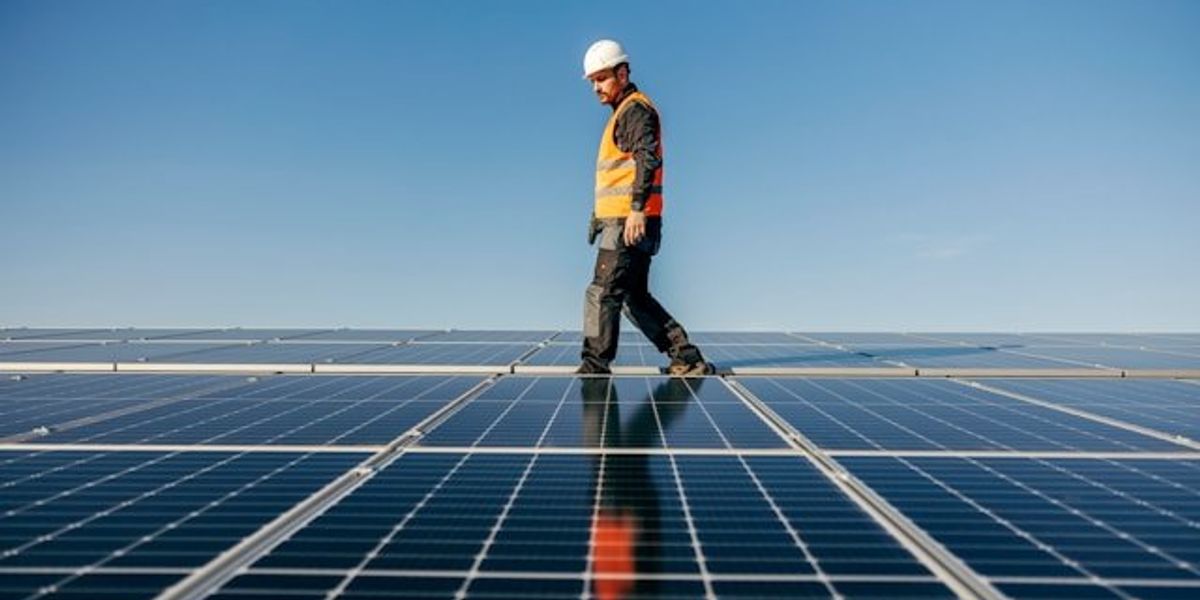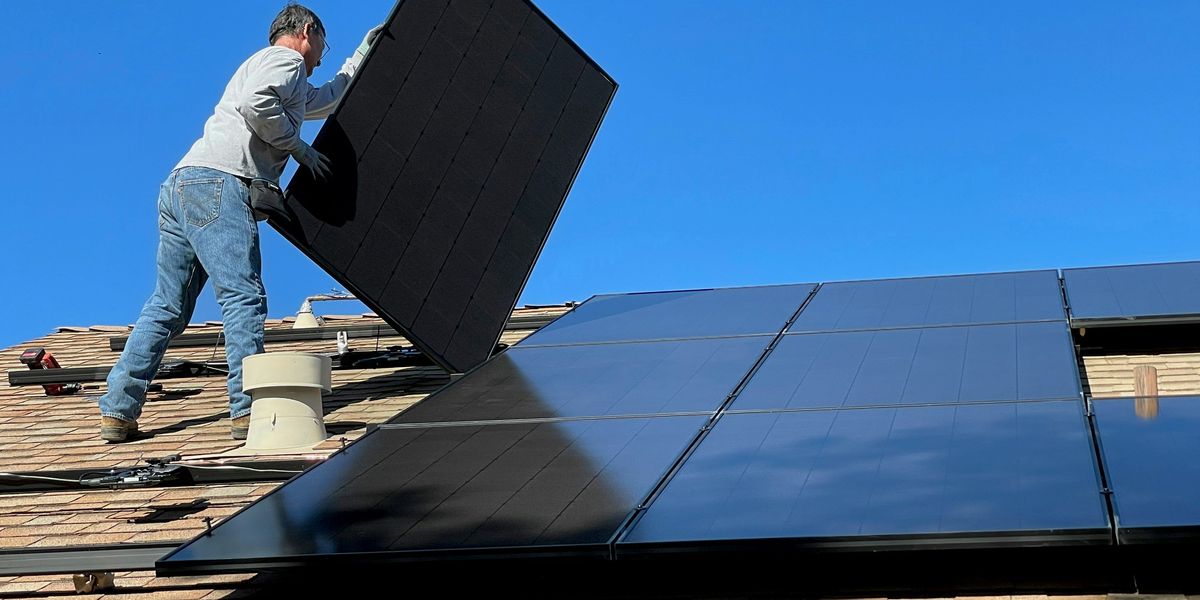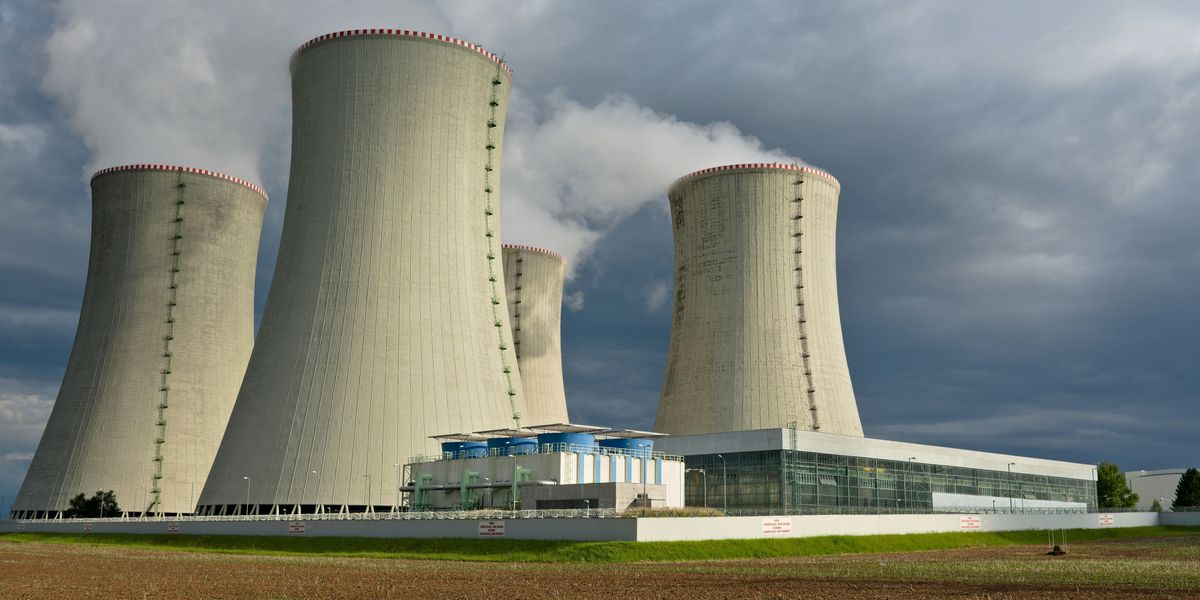
World Bank lifts nuclear funding ban to aid energy shift in developing nations
The World Bank has ended its decades-long prohibition on financing nuclear power, opening the door for developing countries to access nuclear energy as an alternative to fossil fuels.
Max Bearak reports for The New York Times.
In short:
- The World Bank’s board has reversed a 2013 policy banning loans for nuclear power, a change that could reshape energy options in developing countries reliant on coal and oil.
- U.S. support, driven by both economic and geopolitical goals, played a major role in the decision, as did shifting global attitudes toward next-generation reactors.
- Countries like Ghana, Indonesia, and Vietnam may now access funding to replace fossil fuels with nuclear power without relying solely on Russia or China for nuclear technology and financing.
Key quote:
“If you care about getting the world off coal, then this is potentially massive, especially in Southeast Asia.”
— Todd Moss, executive director of the Energy for Growth Hub
Why this matters:
As climate concerns mount and energy demands grow, especially in low-income countries, access to affordable, low-carbon power becomes critical. Nuclear energy offers consistent, high-output electricity without the carbon emissions of coal and gas. But until now, funding for such infrastructure was nearly inaccessible for many countries outside of geopolitical power blocs like Russia and China. This decision could realign the global nuclear energy map and significantly reduce future greenhouse gas emissions from industrializing nations. It also brings small modular nuclear reactor technology — still unproven but much touted — into sharper focus, potentially accelerating its development. However, serious questions remain about nuclear safety, radioactive waste disposal, and the potential resurgence of fossil fuel funding alongside nuclear.
Related: World Bank tones down climate messaging as Trump allies threaten U.S. withdrawal

